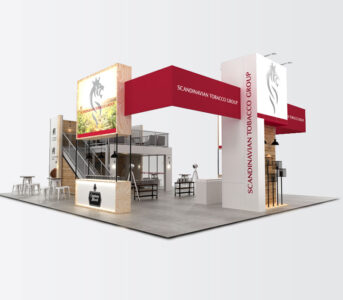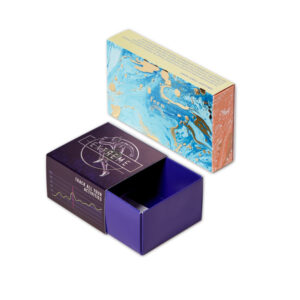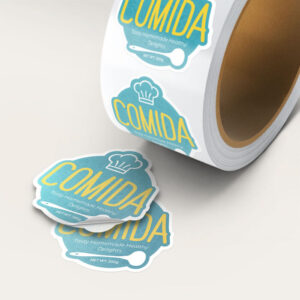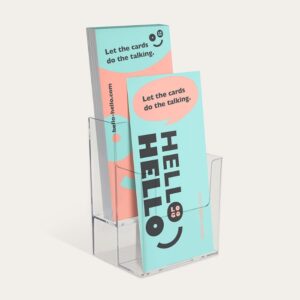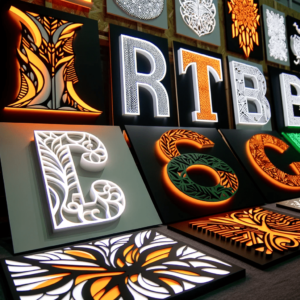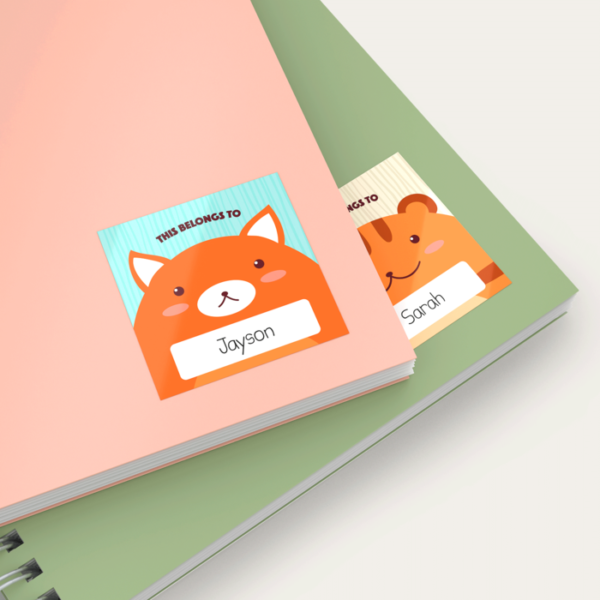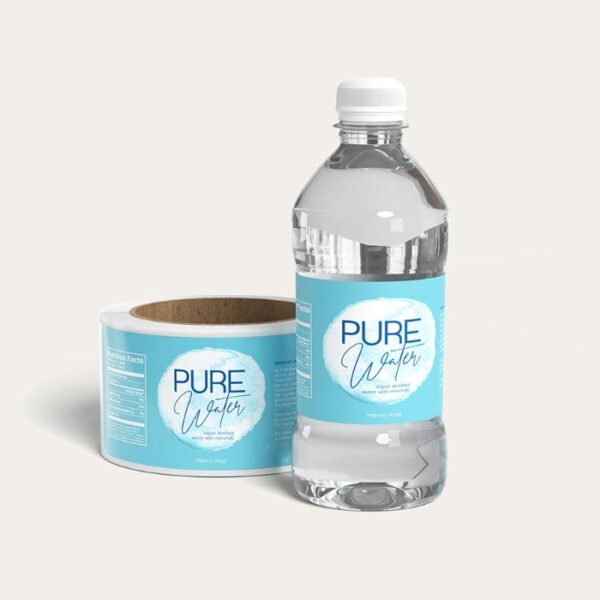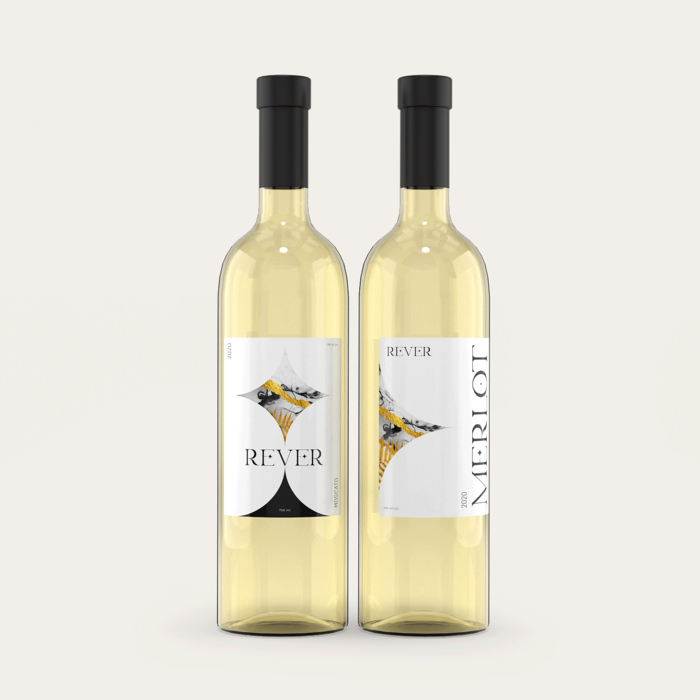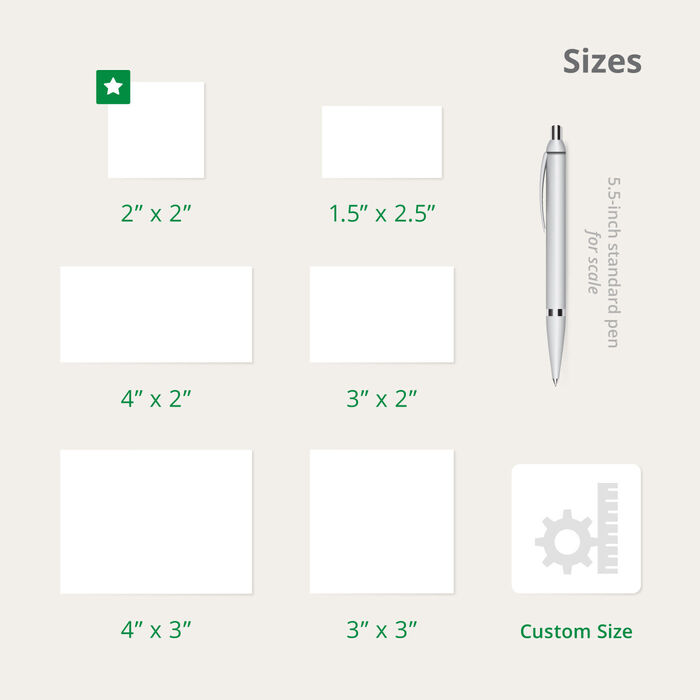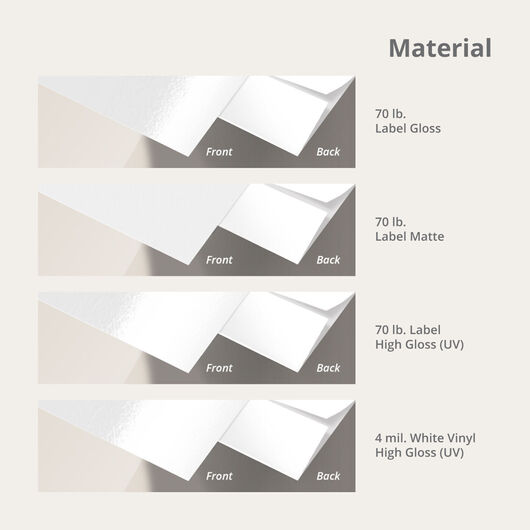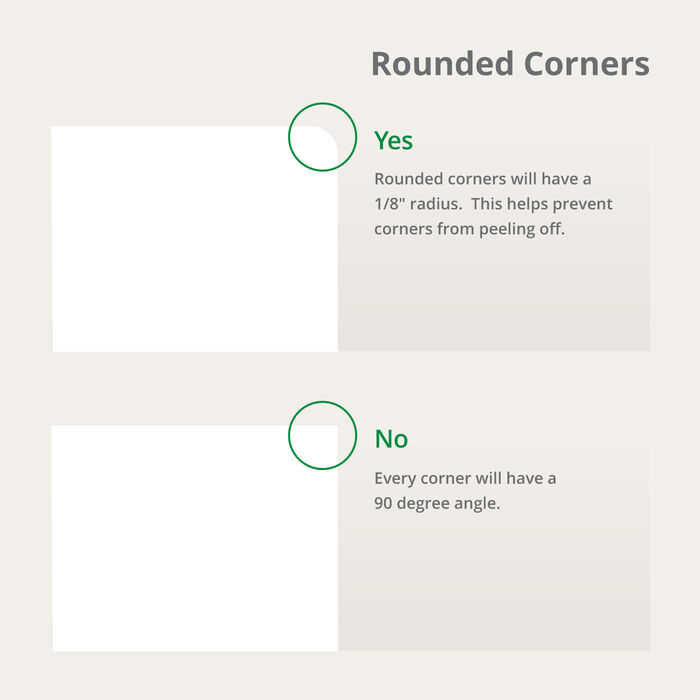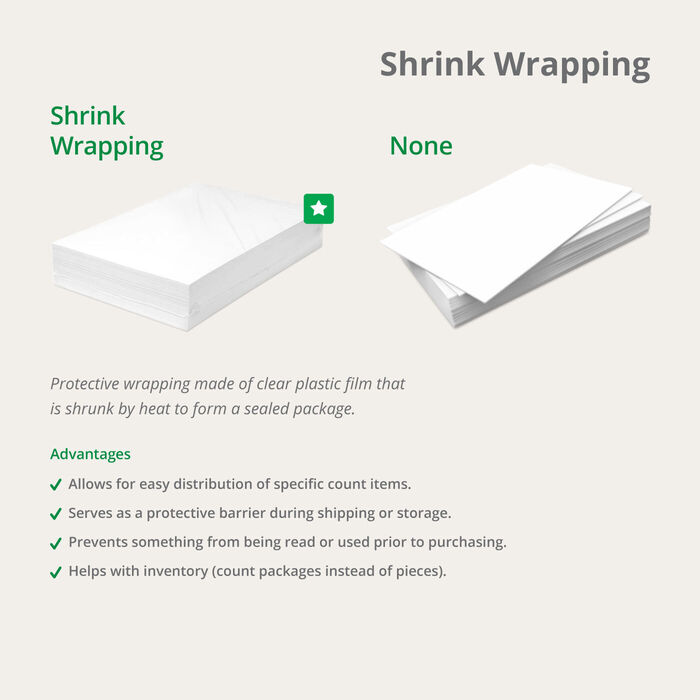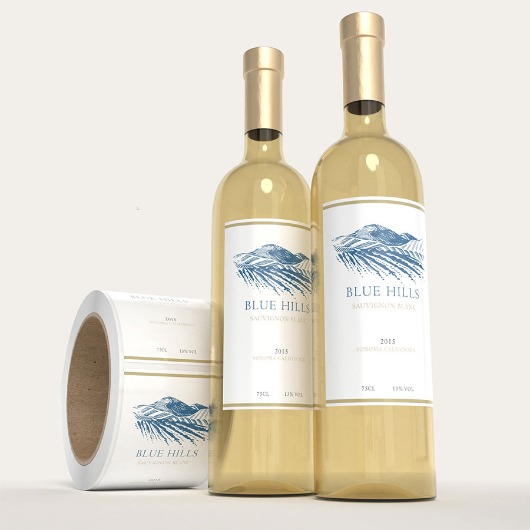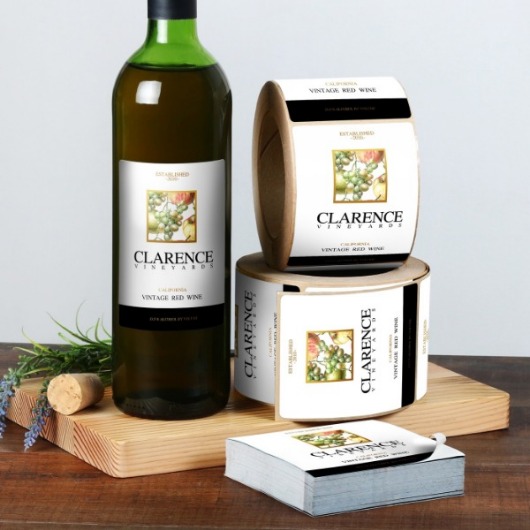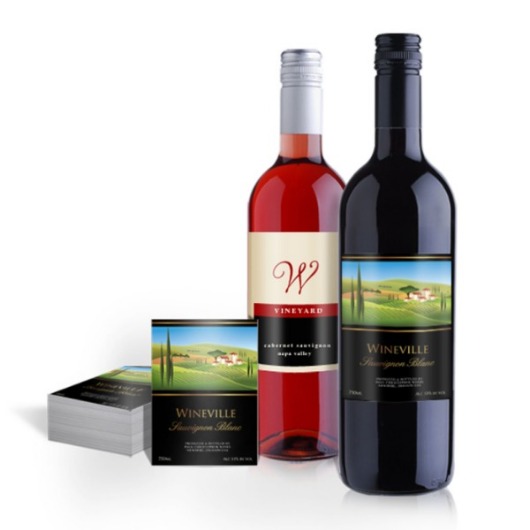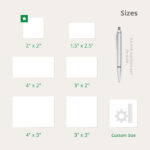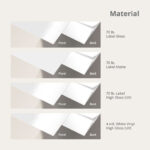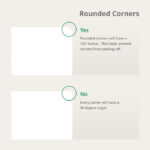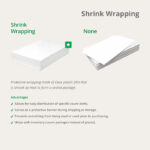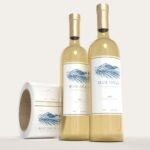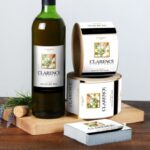When it comes to wine, presentation matters. Your choice of label design can significantly impact a customer’s decision. Craft a label that not only conveys the essence of your wine but also stands out on the shelves. Here’s a step-by-step guide to creating a captivating wine label:
- Size and Shape Selection:
- Start by identifying your wine bottle’s shape.
- Choose an appropriate label size based on common wine bottle shapes, such as Alsace, Bordeaux, Burgundy, Rhone, and Champagne.
- Choosing Between Singles and Roll Labels:
- Determine the quantity of labels needed.
- Singles (cut-to-size) are perfect for smaller batches (25 to 100 bottles), suitable for manual application.
- Roll labels are efficient for larger quantities and fit standard label dispensers.
- Selecting Paper Material for Singles Labels:
- Consider the environment where your wine will be stored.
- 70 lb. label:
- Ideal for indoor storage, not in a refrigerator.
- Available in gloss, high-gloss, or matte coating.
- 4 mil. white vinyl high-gloss (UV):
- Waterproof and oil-resistant, suitable for refrigeration and outdoor display.
- Materials for Roll Labels:
- BOPP:
- Tearproof, waterproof, and oil-resistant.
- Suitable for exposure to moisture, water, and oil in refrigeration.
- Textured materials:
- Standard choice for wine bottles, available in various white variations, uncoated, or matte.
- BOPP:
- Designing Tips:
- Craft a balanced combination of colors, use smart typography, and strategically place your logo.
- Ensure the label design stands out on the shelf, conveying elegance and quality.
- Choose materials that complement the design and achieve the intended effect.
- Final Touches:
- Once your label design is ready, proceed to order.
- Review the Material & Specs tab for more detailed information on available materials.
Create a wine label that not only reflects the quality of your product but also entices customers to reach for your bottle.




